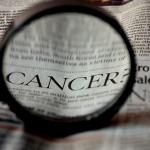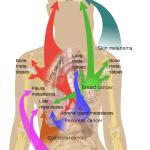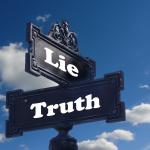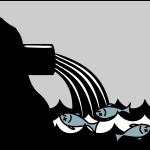Join our directors of bio-sciences and chemistry, Cameron English and Dr. Josh Bloom, as they break down these stories on episode 24 of the Science Dispatch podcast.
cancer
Unlike stopping a pathogen with an antibiotic or antiviral drug, a process that is simple and well-understood, getting a handle on the seemingly impossible complexity of cancer cannot be more different.
If glyphosate is such a deadly pesticide, why do activist groups have to lie about it?
If the media tells you a group of chemicals is dangerous, be skeptical. The compounds in question may indeed be harmful, but there's a good chance they're reasonably safe and make our lives better.
As a new dad, there's no one I love more than my son. I want to protect him from danger, raise him with the right values, and, more basically, feed him safe, nutritious food.
If you're like me, you've eaten a fair amount of frozen pizza throughout your life and experienced few or no side effects. That's because this classic American cuisine carries no serious health risks.
I have to give credit where credit is due. The activists at EWG know how to write excellent headlines.
Like most people, I harbor a set of pretty standard concerns: paying bills, balancing work and family life, and protecting my son from crazy people who “identify” as
Organic activist group Slow Food recently released its list of “10 Key Facts on Pesticides," a post designed to “raise awareness about the risks and dan
Join ACSH director of bio-sciences Cameron English and Dr. Billauer as they break down these stories:












